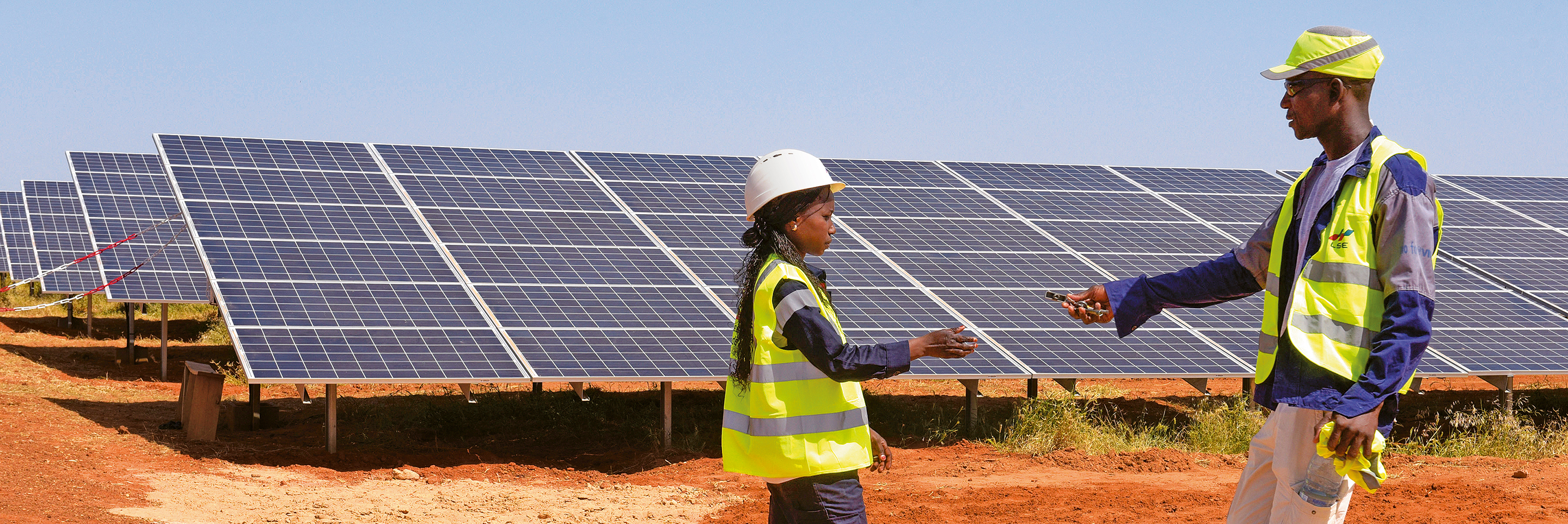Why is the Geneva Policy Outlook important?
The Geneva Policy Outlook recognises a sense of urgency to adapt Geneva as a global hub. The wars in Ukraine and Gaza and the responses to them have rattled the foundations of global order. Climate change is a reality and its impact overwhelms many authorities and societies. New technologies and cyberspace are shaping massive systemic risks. Many political constituencies organise their interests transnationally through hybrid forms of diplomacy. At the same time “old” challenges – such as nuclear weapons, pandemics, environmental degradation, and inequality – remain as relevant as ever. With the Geneva Policy Outlook we have created a safe space for exchange on these issues across institutions and sectors while simultaneously asking ourselves what all this means for Geneva to remain a relevant global policy hub.
You have just published the second edition the flagship publication, the Geneva Policy Outlook 2024 (GPO24). What is its main purpose?
The purpose of the GPO24 is to showcase and reflect on upcoming issues and practical opportunities to adapt both Geneva and multilateral approaches. It draws on our yearlong conversations and features some of our special guests that bring perspectives from outside Geneva. This is crucial as we need to break through the “Geneva bubble” if we wish to shape Geneva’s relevance in a changing world. This relies on critical assessment from the outside in. Also key is that we are working backwards from the future to the present to craft solutions. We live in an era where we know a lot about future trends and by taking this knowledge more seriously, we hope it can shape actions today.
Could you share a few key results of the GPO24?
The key observation this year is the need to adapt diplomacy to address systemic challenges with greater agility and pragmatism. In the face of so many varied risks to survival, there will be a greater expectation in diplomacy to manage the tensions between pragmatic compromise and normative ambitions. In an era in which Europe is losing global relevance and centres of gravity are shifting to Asia and Africa, Geneva must connect to other global hubs in new ways. Geneva must also be in a position to listen differently and explore how the diversity of views and positions find their voice into Geneva-based processes or negotiations.
Those interested in adapting Geneva to new world orders might ask themselves: What are the existing policy instruments and frameworks that do not need to change but need to be applied in a more coherent or comprehensive manner? What are the existing policy instruments and frameworks that require an upgrade to adjust to change? And what new policy instruments and frameworks are necessary? In finding answers to these questions, Geneva can defend its relevance by remaining a place in which all actors can meet and exchange freely.
The Geneva Policy Outlook is available in English, French and German.
____
This article was published in Globe #33, the Graduate Institute review.




